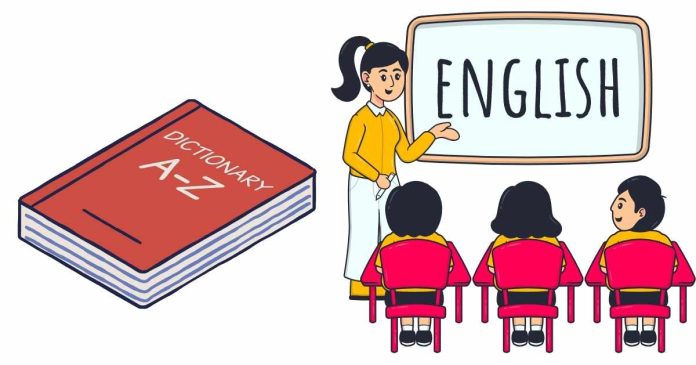The suffix “-ful” is a common ending in the English language that transforms words, typically nouns, into adjectives. It conveys the meaning of “full of” or “characterized by.” Adding “-ful” to a word indicates that something possesses a quality, characteristic, or abundance of what the root word suggests. Understanding the use of this suffix can help in expanding vocabulary and understanding word meanings.
Origin of “-ful”
The suffix “-ful” originates from Old English -ful, which meant “full of” or “characterized by.” It has been used for centuries to create descriptive adjectives that indicate abundance or possession of a quality.
Meaning of “-ful”
When “-ful” is added to a root word, it means:
- Full of: Indicating abundance or completeness.
- Example: Joyful (full of joy), hopeful (full of hope).
- Characterized by: Suggesting that something has a particular quality.
- Example: Peaceful (characterized by peace), careful (characterized by care).
- Having the quality of: Highlighting a notable attribute.
- Example: Colorful (having many colors), thoughtful (having a quality of thoughtfulness).
Examples of Words with “-ful”
Here are some common words with the suffix “-ful” and their meanings:
| Word | Meaning |
|---|---|
| Beautiful | Full of beauty |
| Powerful | Full of power |
| Grateful | Full of gratitude |
| Playful | Full of play; fun-loving |
| Harmful | Full of harm; causing harm |
| Truthful | Full of truth; honest |
| Wonderful | Full of wonder; amazing |
| Fearful | Full of fear |
Spelling Rule for “-ful”
When adding “-ful” to a word, keep the following spelling rule in mind:
- Do not double the “l.” The suffix is always spelled with a single “l,” even though the adjective form may look like it should have two.
- Correct: Helpful
- Incorrect: Helpfull
Adjective to Noun Transformation
Words ending in “-ful” can often be turned back into nouns by removing the suffix or replacing it with “-ness.”
- Example:
- Beautiful → Beauty
- Truthful → Truthfulness
The suffix “-ful” is a versatile and meaningful addition to the English language, enabling speakers and writers to create descriptive adjectives that convey abundance or characteristics of a quality. By understanding its origin and usage, one can easily recognize and use “-ful” words to enhance communication. Whether you’re describing something wonderful, colorful, or thoughtful, the suffix “-ful” adds richness and depth to expression.


